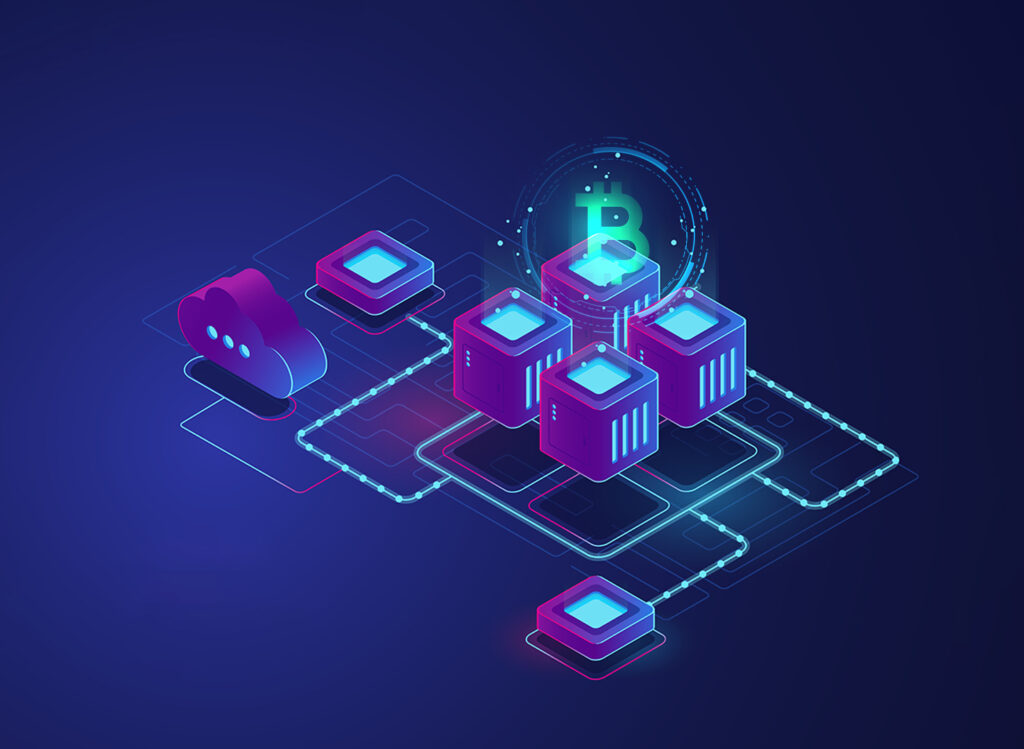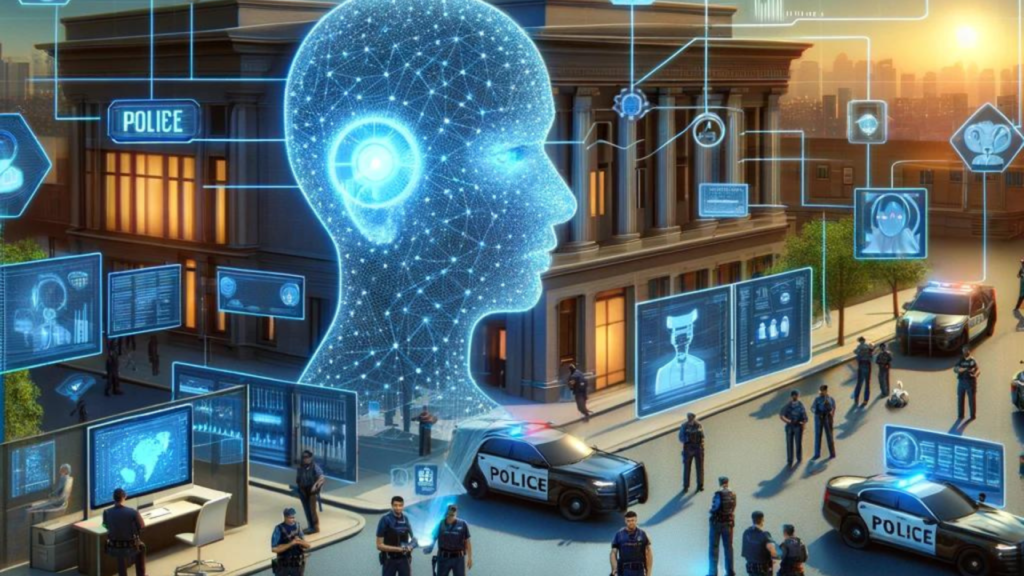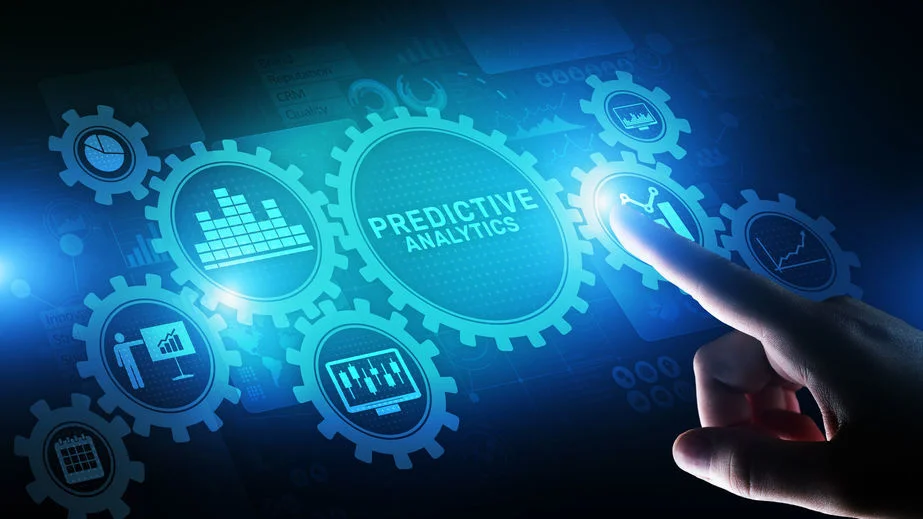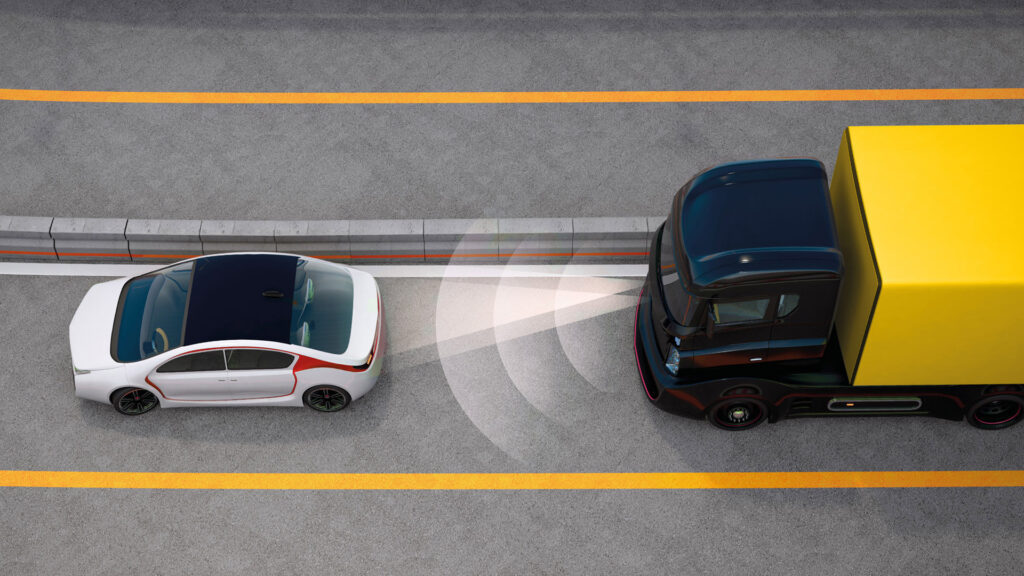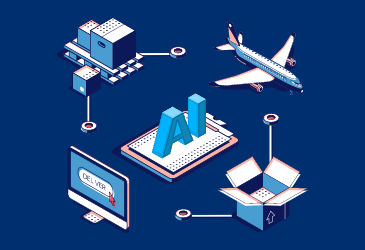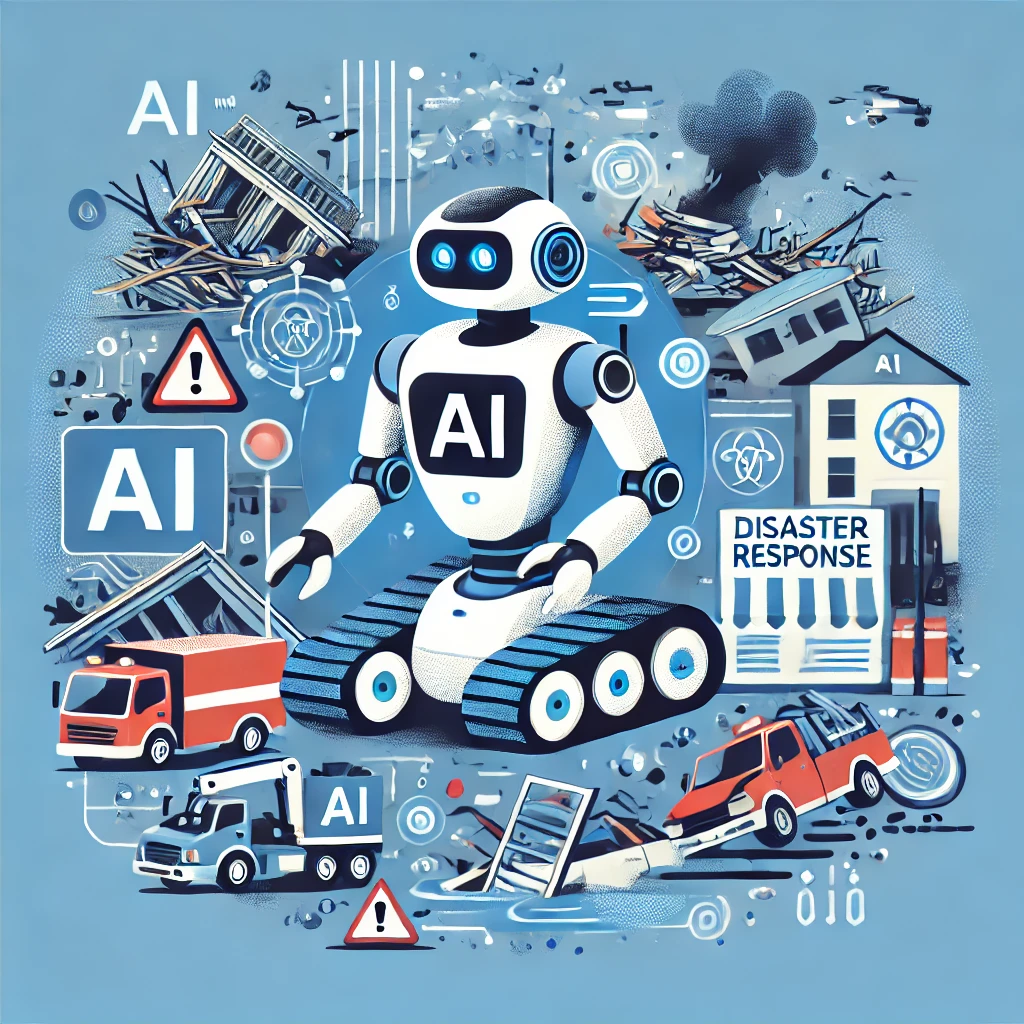The Future of Quantum Computing in Cryptography: Threats and Innovations
The emergence of quantum computing is set to revolutionize cryptography, fundamentally altering how data is encrypted, transmitted, and secured. Unlike classical computers, which process information using bits (0s and 1s), quantum computers leverage qubits that enable parallel computations, exponentially increasing processing power. While this advancement promises breakthroughs in various fields, it also poses a severe […]
The Future of Quantum Computing in Cryptography: Threats and Innovations Read More »




